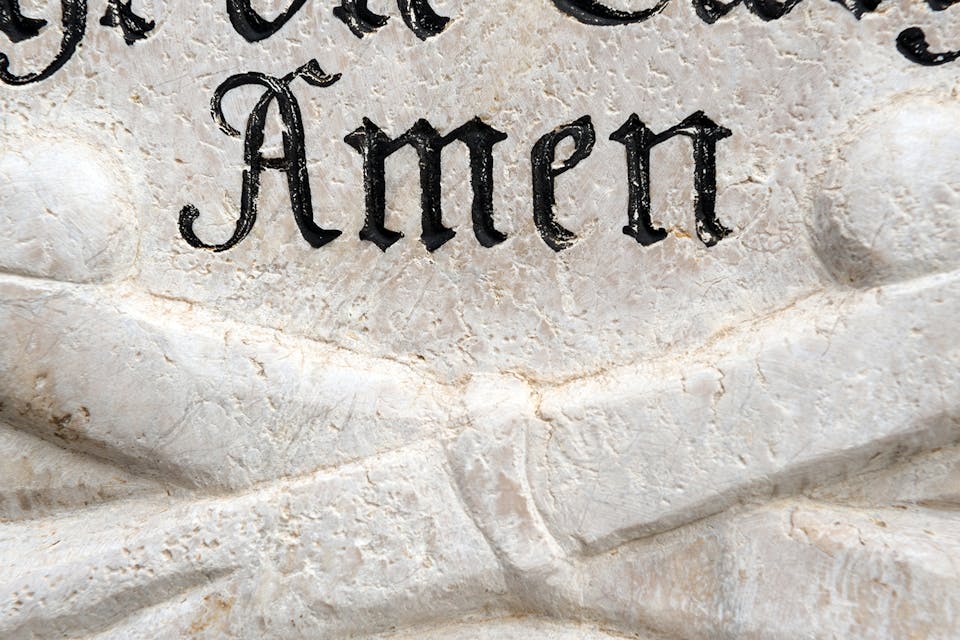
January 28, 2021
Why the Word “Amen” Has Changed So Little in Its 2,500-Year History
Its meaning in the Bible is “Truly said!” or “So be it!” After that it acquired its intense liturgical emotion, and then hasn't changed much since.
When I first noticed a newspaper item about Congressman Emanuel Cleaver of Missouri concluding a prayer in the House of Representatives with “Amen and a woman,” I thought he had missed a chance to make a better joke by giving the first vowel of amen the “ah”-sound it has in most languages, including the Hebrew from which it derives, and saying, “Ah-men! Ah, women!” It turns out, though, as linguist John McWhorter has observed in a January 5 tweet, that the formula is an old southern black preacher’s comic way of ending a sermon and not the congressman’s invention.
Apart from its initial vowel, which is “ay” in American English and “oo” in some varieties of Yiddish, amen is a word, used in their prayers by several million Jews and billions of Christians, that has changed remarkably little in either sense or sound in its over-2,500-year history. Coming from the Hebrew root alef-men-nun, which yields the biblical noun emunah, “faith,” the biblical verb ha’amen, “believe,” and the biblical adjective ne’eman, “faithful” or “truthful” (all words still common in Israeli Hebrew), its meaning in the Bible, depending on whether it refers to something just uttered or to a future event, is “Truly said!” or “So be it!” Often it can mean both, as in the list of imprecations in Chapter 27 of Deuteronomy, where we have verses like “Cursed be the man who makes any graven or molten image, . . . and all the people said, ‘Amen.’”
Deuteronomy 27 describes a ceremony in which the Israelites affirmed their formal acceptance of the fate awaiting flouters of the Law, and amen was a word used largely in ceremonial contexts already in biblical times, as when we are told by the book of Ezra, “And Ezra blessed the Lord, the great God, and the people answered ‘Amen, Amen,’ with upraised arms and bowed and prostrated themselves.” There are many similar amens in the Bible. In the first book of Chronicles, to cite one, we find a lengthy description of a celebration held by King David upon returning the Ark to Jerusalem, at the end of which, after a psalm of thanksgiving sung to the accompaniment of musicians, “All the people said ‘amen.’”